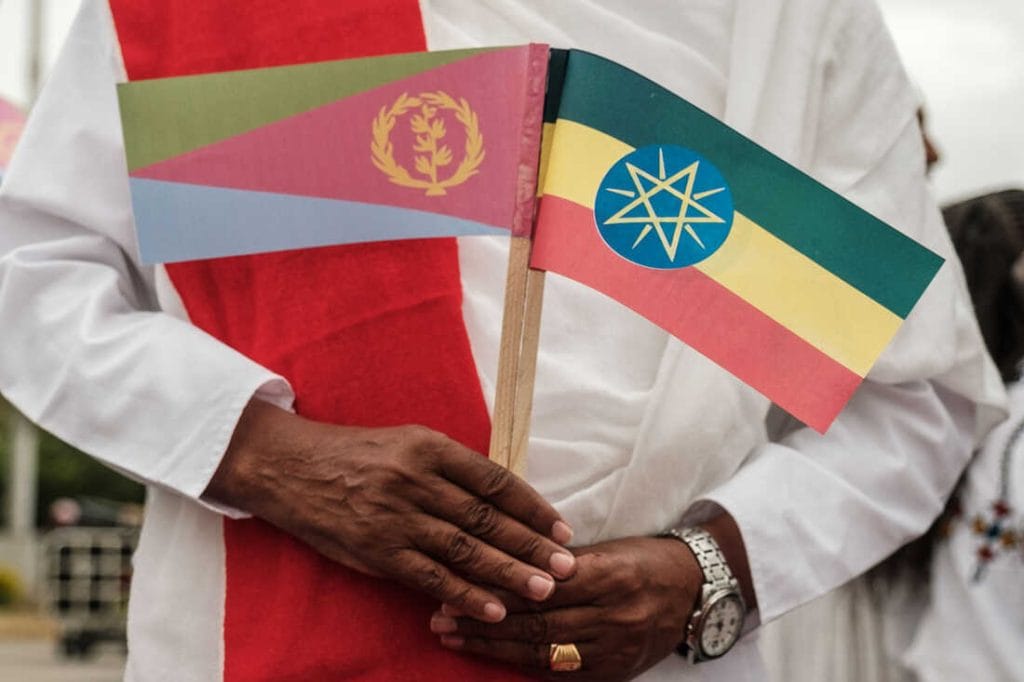Efforts to promote lasting peace between Ethiopia and Eritrea are gaining momentum, with growing optimism that the Eritrean government may reconsider its stance and engage in constructive dialogue with Ethiopia.
Observers argue that if Asmara commits to genuine peace and mutually beneficial cooperation—similar to the diplomatic progress seen in 2018—it could pave the way for long-term regional stability. Experts stress that past conflicts between the two nations have resulted in destruction rather than progress, urging leaders in both countries to adopt a new approach focused on shared interests and peaceful coexistence.
The strained relations between Ethiopia and Eritrea have deep historical roots, shaped by colonial legacies, assimilation policies, and political power struggles. Analysts believe that acknowledging these complexities is essential for crafting sustainable solutions that prevent further hostilities.
Beyond government efforts, citizens of both nations are being urged to support peaceful initiatives, recognizing that past wars have brought immense suffering. Calls are also growing for the African Union (AU), the Intergovernmental Authority on Development (IGAD), and the United Nations (UN) to play a more constructive role in addressing historical grievances and fostering reconciliation. However, experts caution that these organizations must act independently of external geopolitical influences to be effective.
Scholars emphasize the need for continued research on sustainable peace strategies to ensure long-term stability in the Horn of Africa. By prioritizing dialogue and cooperation over conflict, Ethiopia and Eritrea have the opportunity to build a future defined by prosperity and regional harmony.



